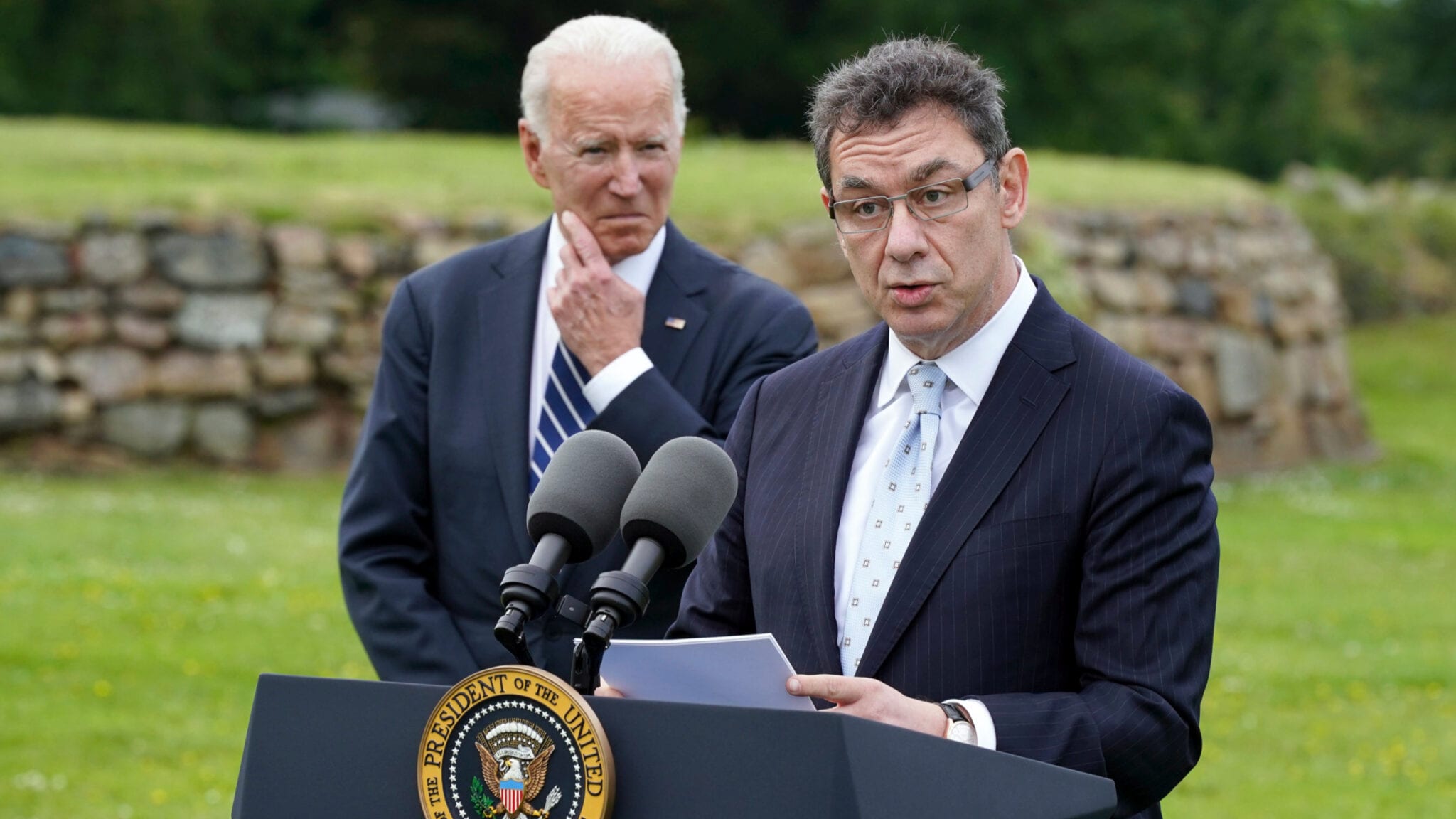
Chaotic adcomm sees Pfizer/BioNTech boosters rejected for general population, but recommended for older and high-risk populations
With just days before President Joe Biden’s Covid-19 booster rollout is set to go into effect, an FDA advisory committee appeared on the verge of not recommending boosters for anyone in the US before a last-minute change of wording laid the groundwork for older adults to have access to a third dose.
The FDA’s adcomm on Vaccines and Related Biological Products (VRBPAC) roundly rejected Pfizer/BioNTech booster shots for all individuals older than 16 by a 16-2 vote Friday afternoon. Soon after, however, the agency posed committee members a new question limiting booster use to the 65-and-older population and individuals at high risk of disease due to occupational exposure or comorbidities.
Unlock this article instantly by becoming a free subscriber.
You’ll get access to free articles each month, plus you can customize what newsletters get delivered to your inbox each week, including breaking news.